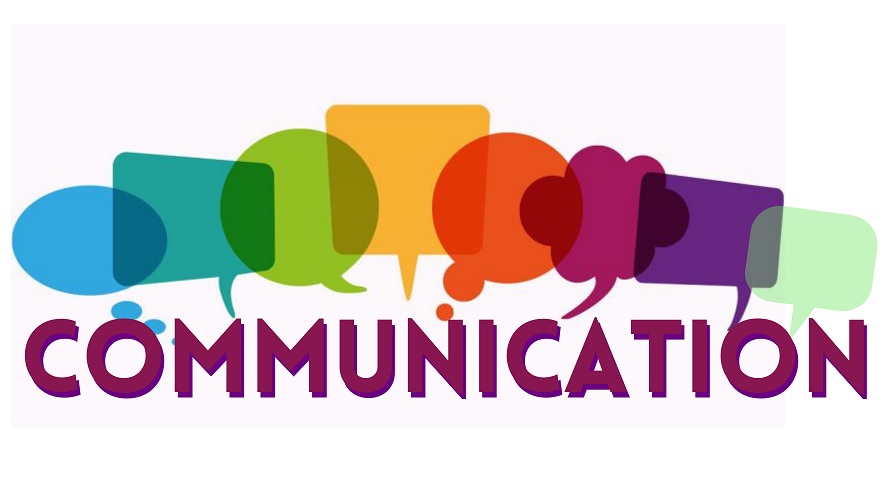The shift in routine and subsequent skills you have learned as an online student, and the navigation through constantly changing Standard Operating Procedures (SOPs) have built resilience and strengthened the skills that will make you successful for the rest of your life. No matter what degree you are leaving with, have confidence that you have acquired the skills you need for whatever the future holds.
As university students worldwide graduate or are looking to make a career change, they are also wondering what the job market will look like. As we find ways towards creating some form of normalcy, it is probably safe to say things will never be like what they were before.
We have learned that some job skills will be more critical than others, more so in a post-pandemic world. LinkedIn’s Grad Guide to Getting Hired revealed that some of the most in-demand jobs require soft skills like communication and problem-solving, skills that are built right into Swinburne University’s curriculum.
The followings are a few skills you will need post-pandemic. While this will not offer a silver bullet solution to navigate your entry into the job market, you have been honing these skills during your time with Swinburne Sarawak.

Recognise that you have achieved so much
It is easy to feel like you have not accomplished much, more so when all you have done is to sit in front of your laptop, facing numerous lockdowns and a sense of not being physically active. However, dwelling on what you have not achieved undermines the successes you have had, no matter how small. So, own your achievements and build a positive narrative around them; employers love that positivity!
Max the opportunities that come your way
Disappointed that an administrative job is ‘all’ that you can secure? Not the job that you have given the last three, four years of your life for? You are disappointed, and understandably so. You have worked hard to learn, develop your skills and may even have grown yourself into the role you wanted. However, know that this is not the end but the beginning. It is a start.
You may not enjoy executing the tasks of your first job; trust us when we say you will have a better understanding of the type of work you enjoy and greater confidence in your skills and abilities. So say yes to the opportunities you are given – you will never know where they will lead. Even if it is a short stint, you are guaranteed to learn something new.

Communication is not just talking
If we have learned anything during these trying times, it is the importance of communication. A majority of employees are forced to telecommute during the pandemic, and that trend is likely to continue for a long time. The ability to work with others, express yourself, and make those you work with sees your value is necessary. As a Swinburne Sarawak student, you have the advantage, as the ability to communicate effectively is one of the many skills you would have gained while with us.
IQ. EQ.
Conventional wisdom says that students need to major in STEM fields, work hyper efficiently and learn to code. While we will never be able to code better than computers, humans are still better than artificial intelligence (AI) in being human and connecting on an emotional level.
Google, the World Economic Forum and other thought leaders say empathy and emotional intelligence are essential skills the future workforce needs to have. Take the time to understand yourself and others, and you will succeed in the workplace through empathy, understanding and collaboration. For students and graduates-to-be, transcending this skill virtually through Zoom or Teams meeting and email will be critical.

Career paths are usually not linear
Finding your career path is like developing a well-known recipe into what is truly yours. It is about reflecting on all your experiences and choosing what is best to keep and what is best to avoid. In other words, building a career path is not about asking what you want to be and how you will get there.
Career paths are all about starting from somewhere and seeing where it takes you. Just like Brené Brown, do not feel bad about not knowing ‘where’ you are going or how you will get there. Instead, reflect on your experiences, make a list of what you like and dislike, what challenged you, and what you learned. What is important is that you keep moving forward.

Job titles do not define you
It is natural to have big goals and a job that has purpose and meaning. Nevertheless, as you experience new things and situations, you will learn that your worth is not tied to a job title. This learning process itself is very liberating – detaching self from pressures and expectations makes you available and open to learn from every opportunity that comes your way. In turn, you have set yourself up for success.
Finally, you will see that the major of opportunities that comes your way is through networking, so building connections is significant! If anything, networking and connections could help in your future job applications.
Building resilience is essential. However, it isn’t easy to know how to start. Be aware, though, that what you have learned as an online student while navigating life through a pandemic will build your resilience and strengthen the skills you need for a successful you. No matter what degree you are leaving your student life with, you can go forward with confidence, knowing that you have prepared for whatever the future holds. You got this!

This article is written to commemorate World Youth Skills Day (WYSD), which falls on 15 July annually. This year WYSD celebrates the resilience and creativity of youth as they face a future dented by a pandemic, and how resilience and creativity towards self-improvement both personally and professionally will see them through today and in the future.

